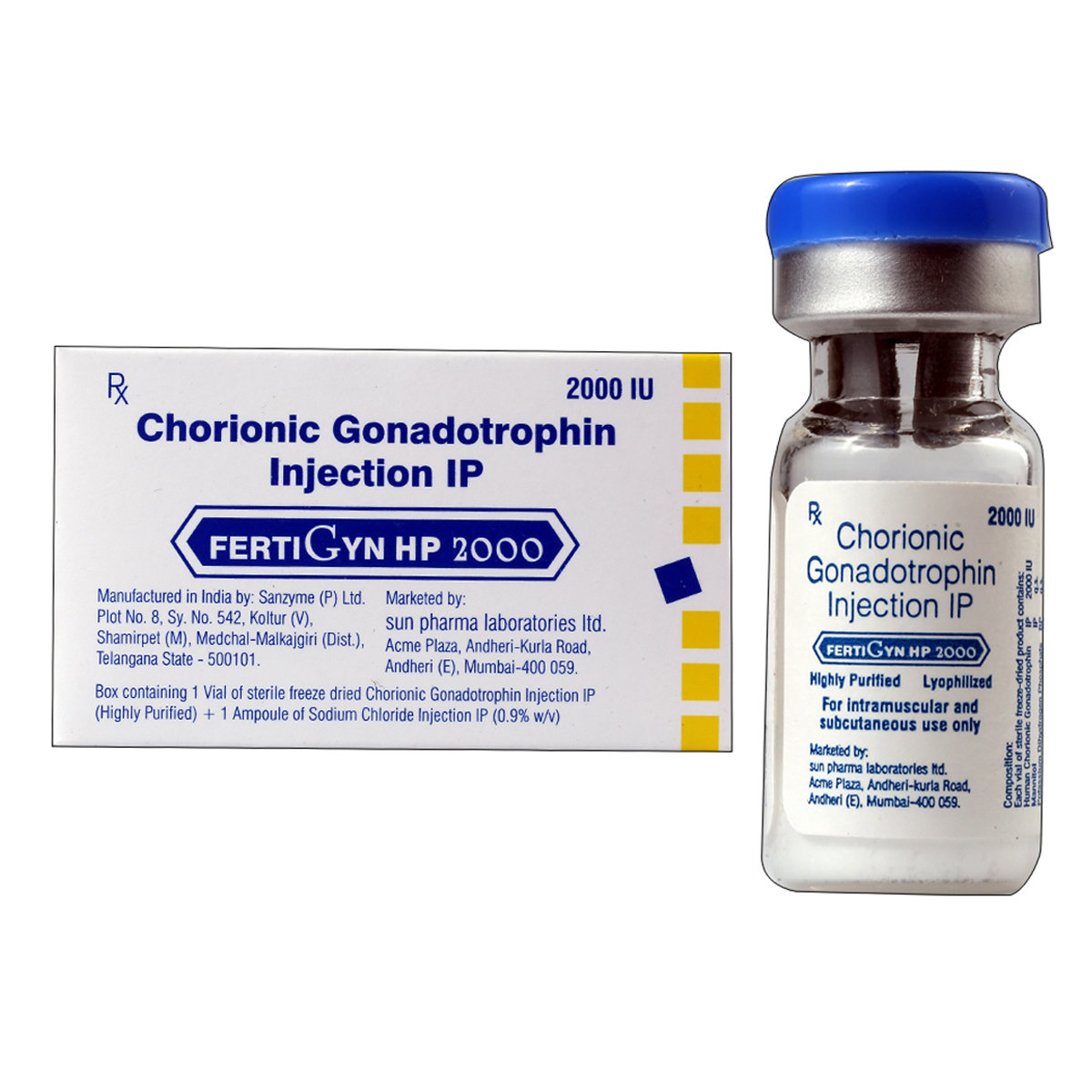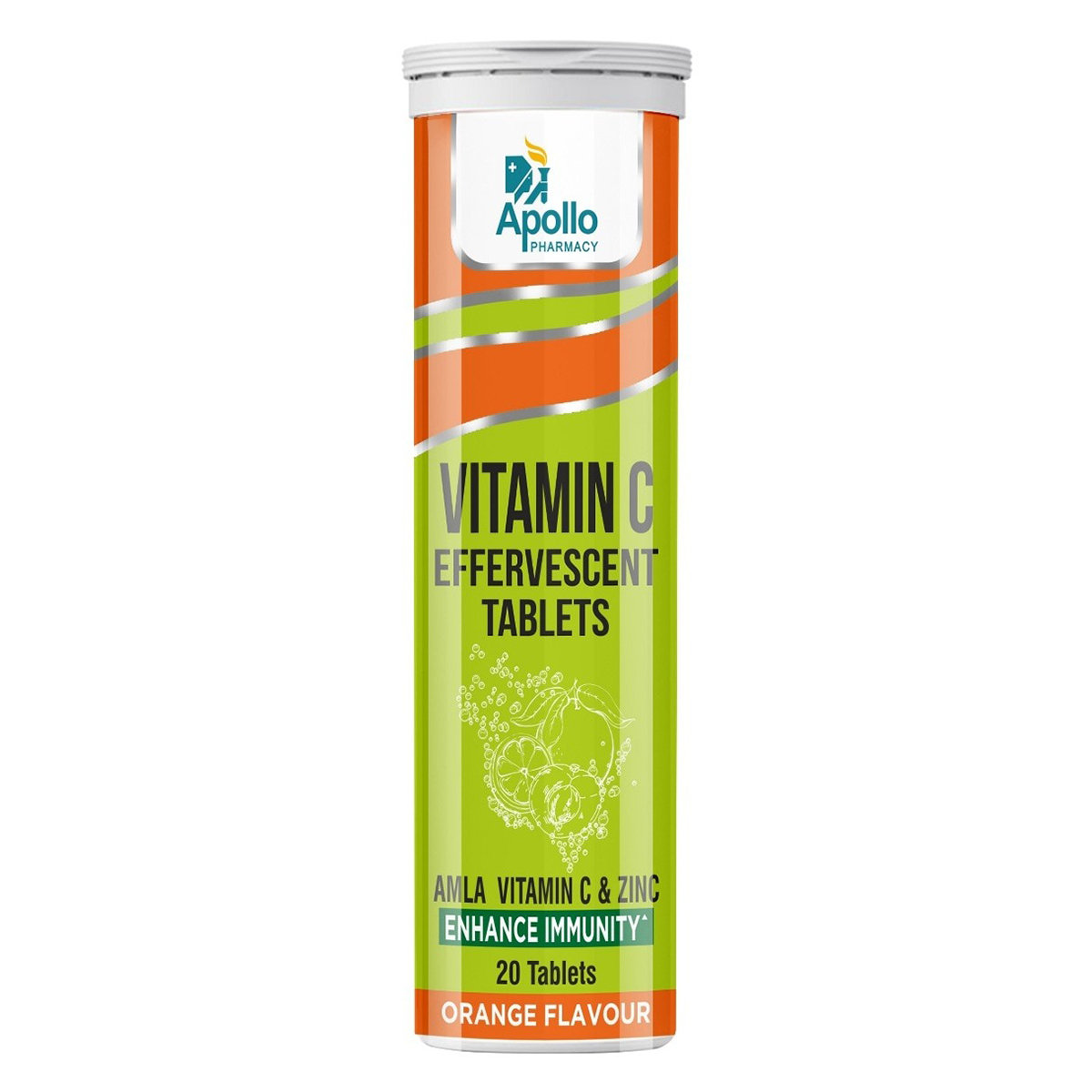HUCOG 2000IU Injection
MRP ₹360.5
(Inclusive of all Taxes)
₹54.1 Cashback (15%)
know your delivery time
Provide Delivery Location
Composition :
Manufacturer/Marketer :
Consume Type :
Expires on or after :
Return Policy :

Secure Payment

Trusted by 8 Crore Indians

Genuine Products
Therapeutic Class
Country of origin
Manufacturer/Marketer address
FAQs
Disclaimer
Alcohol
Safe if prescribed
Alcohol may interfere with the efficacy of HUCOG 2000IU Injection.
Pregnancy
Consult your doctor
HUCOG 2000IU Injection is a category X drug. It should not be used in pregnant women as it may cause birth defects/congenital disabilities.
Breast Feeding
Consult your doctor
HUCOG 2000IU Injection should be used with caution in breastfeeding mothers.
Driving
Safe if prescribed
HUCOG 2000IU Injection may not affect your ability to drive.
Liver
Consult your doctor
HUCOG 2000IU Injection can be safely used in patients with liver diseases if prescribed.
Kidney
Consult your doctor
HUCOG 2000IU Injection can cause oedema (fluid retention), so it should be used cautiously in patients with kidney diseases.
Children
Safe if prescribed
HUCOG 2000IU Injection may cause early puberty. So, therapy should be discontinued immediately if the children develop any signs of early puberty.
Product Substitutes
About HUCOG 2000IU Injection
HUCOG 2000IU Injection belongs to the class of sex hormones used in the treatment of female infertility, male hypogonadism and cryptorchidism. Female infertility is when a woman is unable to get pregnant within a year of trying. Male hypogonadism is a condition in which the body does not produce enough hormone responsible for masculine growth in men. Cryptorchidism is a condition in which testes don’t descend into the scrotum (bag of skin present below the penis).
HUCOG 2000IU Injection contains ‘human chorionic gonadotrophin’ used in the treatment of female infertility and male hypogonadism. It stimulates the production of sex hormones such as testosterone in men and progesterone in women. It can stimulate ovulation (egg production) in women and improve sperm production in men.
HUCOG 2000IU Injection is usually administered by a healthcare professional. The common side-effects of HUCOG 2000IU Injection are pain at the injection site, headache, irritability, restlessness, depression, fatigue, oedema (swelling), early puberty and gynecomastia (swelling of breast tissue in men).
Do not take HUCOG 2000IU Injection if you are allergic to ‘human chorionic gonadotrophin’ or any other ingredients present in it. It should not be used in patients with conditions such as early puberty, prostatic cancer or other androgen-dependent cancers, unexplained vaginal bleeding, uncontrolled thyroid or adrenal gland dysfunction and ovarian cysts. It is not recommended for use in pregnant women and should be used with caution in breastfeeding mothers.
Uses of HUCOG 2000IU Injection
Medicinal Benefits Mweb
Key Benefits
HUCOG 2000IU Injection contains ‘human chorionic gonadotropin’, which belongs to the class of ‘sex hormones’. It is used in treating female infertility in whom the cause of ovulation problems is a secondary ovarian failure (normal ovaries that don’t function properly). It can also treat male hypogonadism in which the testes are normal but don’t function properly. It can treat cryptorchidism in boys from age 4 to 9 if there is no structural deformity. However, the descending of testes into the scrotum is usually temporary when HUCOG 2000IU Injection is used.
Directions for Use
Side Effects of HUCOG 2000IU Injection
- Injection site pain
- Headache
- Irritability
- Restlessness
- Depression
- Fatigue
- Oedema (swelling)
- Early puberty
- Gynecomastia (swelling of breast tissue in men)
Drug Warnings
HUCOG 2000IU Injection may cause multiple pregnancies (pregnant with more than one child at the same time). So, discuss with your doctor the possible risks of this medicine. It can increase the risk of blood clots. An anaphylactic reaction such as shortness of breath, hives, loss of consciousness, low pulse and shock have been reported with HCG products derived from urine. In some cases, worsening of preexisting ovarian cysts or sudden ovary enlargement can be seen. So, regular monitoring is required. Early puberty may be seen in children. In such cases, discontinue therapy immediately and consult a doctor.
Drug-Drug Interactions
Drug-Drug Interactions
Login/Sign Up
Drug-Food Interactions
Drug-Food Interactions
Login/Sign Up
Drug-Diseases Interactions
Drug-Diseases Interactions
Login/Sign Up
Habit Forming
Special Advise
- To be sure HCG is helping your condition, your doctor will need to check you on a regular basis. Do not miss any scheduled appointments.
- Some women using this medicine have developed a condition called ovarian hyperstimulation syndrome (OHSS), especially after the first treatment cycle. OHSS can be a life-threatening condition. Call your doctor right away if you have any symptoms of OHSS like severe pelvic pain, swelling of the hands or legs, stomach pain and swelling, shortness of breath, weight gain, diarrhea, nausea or vomiting or if you are urinating less than normal.
Diet & Lifestyle Advise
- Consume a healthy diet that is rich in fibre, proteins and low in carbohydrates, fats.
- Avoid processed or high-sugar foods.
- Stay active and shed excess weight if you are overweight or obese. Do not perform intense exercises as it may negatively impact your reproductive health. Increase the intensity of exercise gradually.
- Being underweight may also affect fertility. So, prepare a diet chart that can help you to gain weight healthily.
- Avoid stress as it may affect your fertility. Try relaxation techniques and receive support and counselling if necessary.
- Limit alcohol and caffeine intake.
- Quit smoking.
All Substitutes & Brand Comparisons
RX
Fertigyn HP 2000 Injection 1's
Sun Pharmaceutical Industries Ltd
₹360.5
(₹317.2 per unit)
2% CHEAPER
Customers Also Bought




